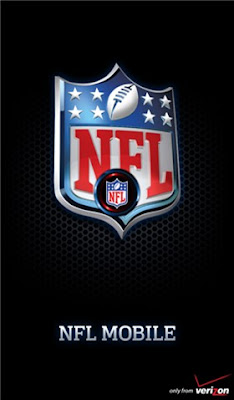AT&T
has always been considered a company with comparatively slower growth
that then rest. Gradually, it has been expanding in Internet of
Things (IoT), thereby connecting home, vehicles, appliances,
wearables, etc. to one another and then to the cloud. AT&T
recently opened five new workshops so that it can easily connect with
IoT companies and can tap deep into the market. AT&T is focusing
on expanding beyond connectivity and entering firmly into two new
services - consulting and integration.
Leveraging
Lead Position
AT&T
has moved into the IoT market leveraging its power in telecom
services and planning to sell its latest IoT services. M2X Data is
one of the services built on the IoT platform that allows developer
tools and also SIM cards to check connectivity with the help of the
network. AT&T has already been providing cellular connections
worldwide to more than a million vehicles. Lately, it has produced a
Wi-Fi device that converts a car into a Wi-Fi hotspot.
Competitors
AT&T
is not the only telecom smart enough to invest in such plans and
services. Other telecom companies are also rapidly expanding in IoT.
Its biggest competitor, Verizon, is dedicated to IoT services and
sell similar applications extensively that efficiently improves
connectivity for different businesses. Verizon’s IoT services have
already generated $165 million in the last quarter and also has the
potential to grab AT&T customers.
Concerns
A
few IoT market concerns might disappoint users. In the coming years,
the IoT market might be over-hyped. Security and protection is the
primary concern that will discourage the masses to adopt IoT
services. Some companies have already invested bucks in the IoT
market and formed their own standard alliance.
Most
importantly, connecting with IoT won’t change humans other habits
but will surely change the way they do things.




